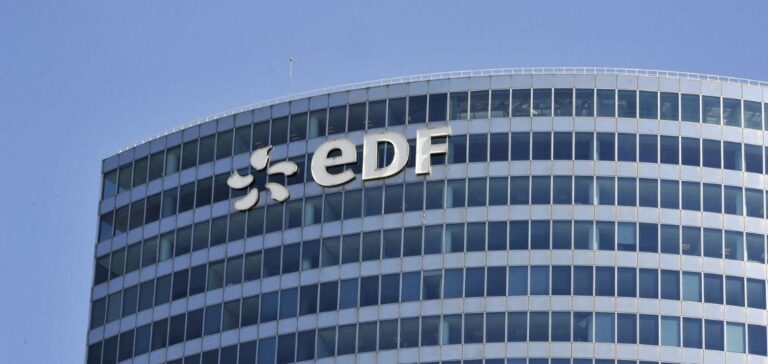EDF announced that starting in the first half of 2025, the company will offer nuclear production allocation contracts (CAPN) through an auction mechanism at the European level. These contracts are aimed at businesses with energy needs exceeding 7 GWh per year, as well as electricity suppliers operating in France, although production may be resold internationally. The utility will put 10 TWh of electricity on offer, with delivery starting in 2026.
Objectives of the auctions and participation of stakeholders
The primary objective of the auctions is to secure a stable supply for clients while enabling EDF to finance its long-term nuclear projects. These contracts provide participating businesses with preferential tariffs for electricity produced by France’s historic nuclear fleet in exchange for sharing the costs and risks associated with production. The prices of these contracts will be decoupled from fluctuations in wholesale markets, offering participants greater visibility over their energy costs.
End of the ARENH mechanism and transition to CAPN
The launch of these auctions comes in the context of the planned end of the ARENH (Regulated Access to Historic Nuclear Electricity) mechanism in December 2025. This system, which allowed large industrial players and suppliers to obtain electricity at discounted prices, will be replaced by the CAPN contracts. These contracts have been designed to offer long-term partnerships that are more transparent and stable for industrial players. EDF has already negotiated agreements with several energy-intensive industries, including those in metallurgy, chemicals, and glassmaking.
Auctions open to European companies
For the first time, EDF is extending its offering to companies located outside of France, provided they can take delivery of electricity produced in France. The auction mechanism is aimed at attracting companies from various sectors, including industry, transport, data centres, and the services sector. A call for expressions of interest will be launched in the first half of 2025, with the first electricity deliveries scheduled for 2026. This auction process will help stabilise energy prices while ensuring that EDF secures the funding needed for its nuclear investment projects.






















